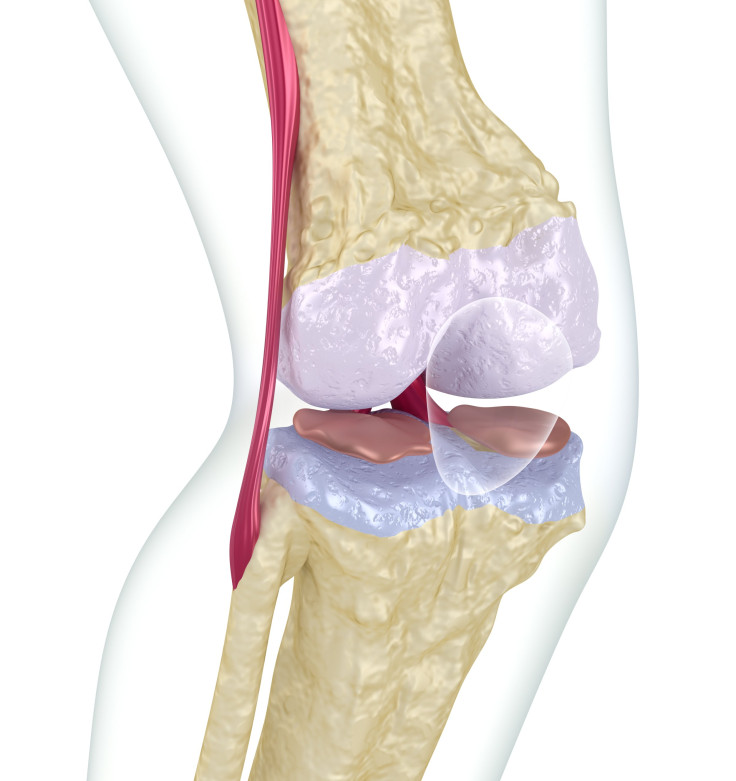Knee Arthroscopic Surgery Often Unnecessary, Placebo Study Finds; Physical Therapy Equally Effective In Treating Osteoarthritis

One of the most common orthopedic procedures in the United States — knee arthroscopic surgery — is proving to be an unnecessary course of action for many patients who have a torn meniscus in their knee. To look into the necessity of this procedure a recent study in Finland, published in the New England Journal Of Medicine, compared patients who had a certain kind of meniscal tear. These participants, who were ages 35 to 65, either underwent surgery or a sham procedure that mimicked everything concerning a surgery but never actually conducted the operation. The authors found that both the operated and un-operated patients reported an improvement in their knees a year later.
“[The finding] gives further credence or support to a number of studies that have shown that giving arthroscopy to patients is not always going to make a difference,” David Jevsevar, chairman of the committee on evidence-based quality and value of the American Academy of Orthopaedic Surgeons, told The Times. “Are there operations that are done that do not need to be done? I’m sure that’s the case, but we don’t know the magnitude,” he added. “We still think there’s benefit in arthroscopic meniscectomy in appropriate patients. What we need to define in the future is what’s the definition of appropriate patient.”
A tear in this crescent-shaped disc of cartilage, which serves as a cushion between the femur and tibia, is a very common injury. The knee problem typically arises from wear and aging, and requires arthroscopic partial meniscectomy, which is a visually-guided method doctors use to trim and smooth the meniscus so that it doesn’t cause further pain and interruption in knee motion. The procedure is carried out 700,000 times every year in the U.S, which adds up to around $4 billion on costs, The New York Times reports.
Doubts about whether arthroscopic surgery was the best way to deal with knee arthritis became apparent in 2002 when another study also found that patients who experienced a placebo procedure did just as well as those who went under the knife. Soon after, the findings of a Canadian study found that physical and medical therapy was just as effective as arthroscopic surgery in treating osteoarthritis of the knee. The current study builds on a vast number of studies that have found that physical therapy is just as effective with dealing with these types of injuries.
In the Finnish study, participants had meniscus tears without any noticeable arthritis, which raises the question that many orthopedic surgeons ask: whether knee pain that a patient experiences is directly caused by a torn meniscus or not. “Take 100 people with knee pain; a very high percentage have a meniscal tear,” Kenneth Fine, an orthopedic surgeon who also teaches at George Washington University, explained to The Times. “People love concreteness: ‘There’s a tear, you know. You have to take care of the tear.’ I tell them, ‘No. 1, I’m not so sure the meniscal tear is causing your pain, and No. 2, even if it is, I’m not sure the surgery’s going to take care of it.”
Source: Sihvonen R, Paavola M, Malmivaara A et al. Arthroscopic Partial Meniscectomy versus Sham Surgery for a Degenerative Meniscal Tear. N Engl J Med Dec. 2013; 369:2515-2524.



























